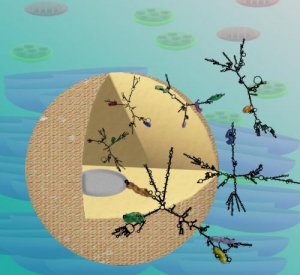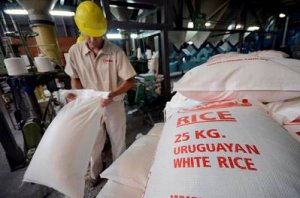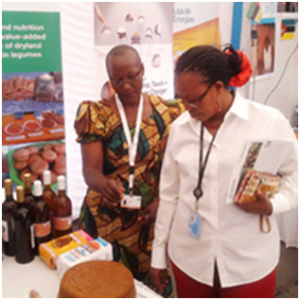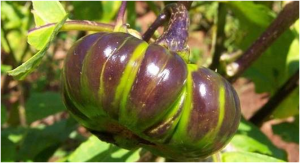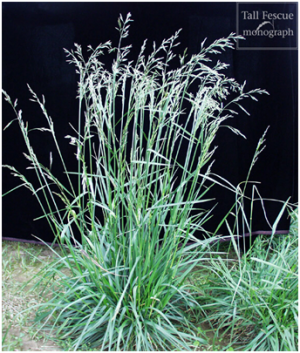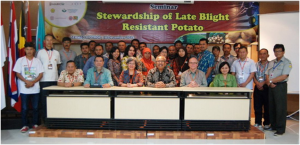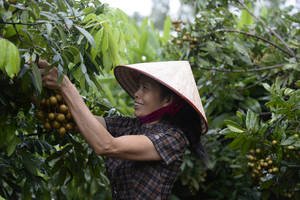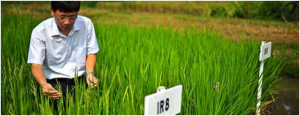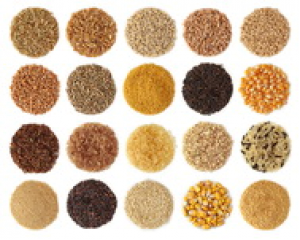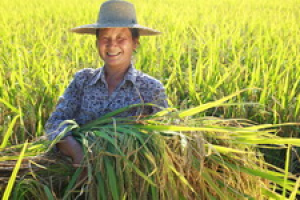|
Webinar: Strengthening developing-country seed systems and markets. Policy trade-offs, unintended consequences, and operational realities
Wednesday, 2017/10/04 | 08:10:05
|
|
September 29, 2017 by PIM When: October 25, 2017, 10:00 AM EST Presenter: David Spielman, Senior Research Fellow, Environment and Production Technology Division, IFPRI
The genetic improvement of food staple crops is a well-established means of increasing agricultural productivity and improving rural livelihoods in the smallholder production systems that characterize agriculture in many developing countries. Seed systems and markets are the key avenue through which these genetic improvements are delivered to farmers, and many developing countries have policies, regulations, and investments to govern and manage varietal development, seed production, and distribution. But throughout the developing world—and especially in countries where seed markets are commercially vibrant or advancing in that direction—we observe competing narratives around how best to build an innovative, dynamic, and sustainable seed system. We argue that many of these narratives are overly simplistic, and that crop- and context-specific solutions offer a more appropriate approach to the challenge. Such an approach requires greater attention to the metrics used to analyze seed system performance, competition, and innovation; the public policy and regulatory reform options required to advance seed market growth; and the economic trade-offs, unintended consequences, and operational challenges of such reforms and investments.
This webinar explores novel approaches to strengthening seed systems and markets, including policies related to varietal release procedures, quality assurance, access to early generation seed, input subsidy programs, among several others. It draws on examples from a range of crops cultivated in countries as diverse as Bangladesh, Ethiopia, Ghana, Kenya, India, Nepal, Pakistan, and Zambia from which we generate insights on, inter alia, where private sector seed distribution models are working well, where regulations facilitate quicker varietal release and more rapid turnover, and where quality assurance mechanisms provide effective oversight without inhibiting incentives to produce and distribute quality seed.
|
|
|
|
[ Other News ]___________________________________________________
|


 Curently online :
Curently online :
 Total visitors :
Total visitors :
(20).png) Figure:
Figure: 